A Little ADHD Goes A Long Way
In Praise of
My Secret Superpower
Running a small, diverse organic farm is a challenge. It demands constant attention, lots of energy, and the ability to make quick decisions on the fly. For many, the challenges of balancing the endless tasks of farming—sowing, planting, weeding, watering, harvesting, marketing, and managing a farm shop—might seem overwhelming. But for someone like me, who lives with ADHD, this chaotic mix isn’t just manageable—it’s the perfect environment for my brain to thrive.
ADHD, or Attention Deficit Hyperactivity Disorder, is often framed as a disorder that needs to be managed or corrected. But on this farm, I view ADHD is my secret superpower. It’s the very thing that allows me to handle the whirlwind of responsibilities and decisions required to keep the farm running smoothly. In fact, I’m convinced that without it, I’d be lost in the complexity of it all.
One of the biggest challenges for anyone running a farm—especially a small, organic one where you’re juggling multiple crops and organising a busy shop—is staying organised. With ADHD, I’ve learned that organisation isn’t just helpful; it’s essential. The key is recognising that the ADHD brain craves stimulation, structure, and a clear sense of purpose. To harness this, I rely heavily on lists, schedules, and calendars, tools that keep my thoughts and tasks in order and help me channel my energy effectively.
My daily routine starts with a comprehensive to-do list. This isn’t just a casual jot-down of tasks but a carefully crafted plan that considers every aspect of the farm’s operations. Whether it’s planting schedules, average days to maturity for crops, or harvest timelines, every detail is meticulously recorded and these records inform future actions and fill endless to do lists. These lists aren’t just reminders—they’re a way to structure my thoughts and keep my ADHD brain engaged.
Schedules and calendars play a similar role. They map out my day, week, and month, allowing me to prioritise tasks based on urgency and importance. For instance, I know that some crops need to be sown at specific times to maximise yield, while others require careful monitoring for pests or diseases. The beauty of a well-organised schedule is that it gives me a roadmap to follow, allowing me to transition smoothly from one task to the next without getting distracted or overwhelmed.
But it’s not just about staying organised. The nature of farming itself is what keeps transforms my ADHD from liability to asset. Farming is a constantly evolving process—no two days are ever the same. The unpredictability of weather, the ever-changing needs of crops, staff and customers and the demands of the shop keep my brain stimulated. This constant flux is perfect for someone with ADHD because it is the exact opposite to the monotony that can lead to distraction or boredom.
Instead of feeling overwhelmed by the endless to-do list, I find myself energised by the variety and the challenges that come my way.
On the farm, there’s always something new to learn or a problem to solve. Whether it’s experimenting with a new organic pest control method, figuring out the best crop rotation strategy, trailing potential new crops or finding innovative ways to market our produce, there’s never a dull moment. And this constant engagement is what keeps my ADHD brain focused and driven.
If I were neurotypical, I often wonder if I’d be able to handle the demands of running a farm. The sheer number of decisions that need to be made daily—decisions that affect the health of the soil, the quality of the produce, and the overall success of the farm—can be daunting. But my ADHD brain is perfectly wired to handle this. It thrives on quick decision-making, on shifting focus from one task to another, and on solving complex problems under pressure. What might seem like chaos to others is, for me, an environment in which I am at my happiest.
The attention deficit component of ADHD, often seen as a drawback, is another aspect I’ve come to appreciate. Farming isn’t a sedentary job; it requires long hours of physical labor. Whether it’s planting seedlings, weeding rows of vegetables, or harvesting crops, there’s always work to be done and so my attention is kept in focus while my hyperactivity translates into an almost boundless energy that keeps me going, even during the most grueling days and despite an ageing and pretty beat up body. While others might tire out, my ADHD drives me to keep pushing forward, tackling one task after another with a sense of urgency and purpose.
Of course, there are challenges. ADHD isn’t without its difficulties. There are days when distractions loom large, and focusing on one task feels like an uphill battle. But I’ve learned to accept these moments as part of the process. Some day you’ve just got to chuck it in the fuck it bucket and quit early and when those days happen, I surrender to them.
The trick to avoiding down days is to keep my attention constantly engaged, to find new ways to stimulate my mind, and to allow the hyperactivity to fuel my productivity. When I do this, ADHD becomes less of a disorder and more of an engine driving me forward.
As I grow older (but no wiser), I’ve come to view my ADHD not as a limitation but as a unique advantage—my secret superpower. It’s given me the tools to manage the complexities of running a small farm, to stay organised in the face of chaos, and to keep moving forward even when the work seems endless. For this, I am truly grateful.
Without ADHD, I wouldn’t be able to do what I do, so I can honestly say I wouldn’t want my brain to be wired any other way.
